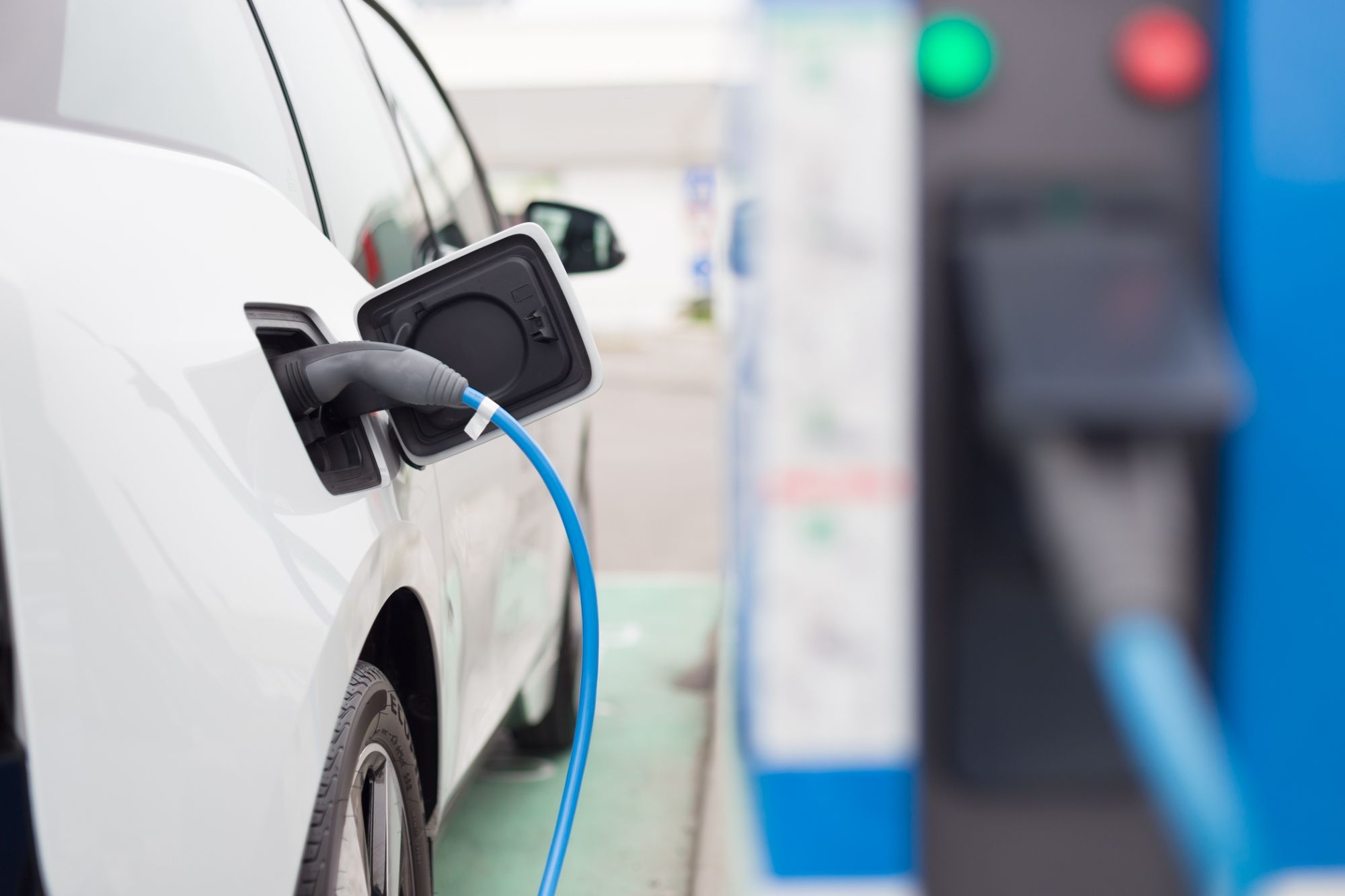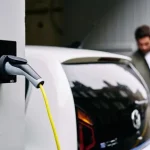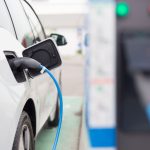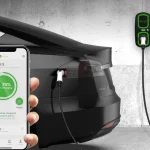With the immense popularity of electric vehicles, one of the most significant challenges has been the availability and convenience of charging stations. With the mainstream options of electric vehicles, there is also an increased demand for charging stations, so if we talk about convenience and flexibility, then the best option in the future will be mobile EV charging services. Let’s explore the factors that could shape the future of EV charging and whether mobile charging will play a significant role.
The current infrastructure of EV Charging
First, it’s very important to understand the current scenario of EV charging. As of now, traditional charging stations—whether public or home-installed—are the most common method for powering up electric vehicles. These stations come in various forms with different charging options. Though there are many options for these charging infrastructures, gaps remain, with the fastest-growing demand for electric vehicles. In many urban areas, public charging stations are limited, not according to the demand. Rural and remote areas often lack charging stations, so in this condition, the best solution that offers more flexibility and accessibility is mobile EV charging.
Mobile EV Charging: The best Solution and most convenient option
Mobile charging offers a solution for when contemporary charging options are out of reach. With a mobile EV charging service, a van or truck equipped with charging equipment can come to your location, whether you’re at home, at work, or stranded on the side of the road. This brings several advantages like convenience, no need to find a charging station, the best support in emergency Support, and Ideal for people in Urban and Remote Areas where there are fewer charging facilities.
As we know, mobile charging is very convenient, but will it be a substitute for contemporary charging stations in the future? Let’s discuss some important aspects.
Emergent EV Adoption
As more consumers shift to electric vehicles, the demand for reliable charging infrastructure will grow. EV adoption is rising globally, and in many regions, governments are providing incentives and setting ambitious targets for EV sales. If EV ownership continues to grow, the need for flexible charging solutions like mobile charging could see an equal increase.
As the number of EVs increases, mobile charging services may become a mainstream option, especially in densely populated urban areas.
Increase in Charging Networks
As mobile charging truly becomes the standardized practice, it will need to keep working with a more expansive and efficient network of stationary chargers. Ideally, charging stations should be tactically placed to reduce dependence on mobile services. That said, mobile charging could still play a vital complementary role, particularly for emergencies or for areas without easy access to stationary charging points.
As cities and regions expand their charging networks, mobile charging could act as a supplemental service to fill in the gaps because increasing the stationary stations in remote areas would be financially challenging.
Technological Developments
Mobile charging technology is still being revolutionized. To become a prevalent solution, these mobile units will need to be faster, more efficient, and capable of handling the growing energy demands of newer EV models. The advancements in battery storage technology could make mobile chargers more reliable and accessible.
Cost Considerations
Currently, using mobile EV charging services can be more expensive than relying on a traditional charging station. Furthermore, the service should be flexible enough to suit different charging needs—whether it’s a quick emergency charge or a more substantial top-up.
Consumer Preferences
For mobile charging to become the norm, EV consumers will need to prioritize convenience and flexibility over traditional charging stations. This would require a shift in mindset and a broader acceptance of mobile charging as a reliable option.
Conclusion
Mobile EV charging is changing the whole experience of EVs. It is unlikely to entirely replace traditional charging infrastructure. Instead, it will likely evolve to balance and enhance the existing network. Mobile charging could become a vital service for emergencies, hard-to-reach areas, or those without access to home chargers, but it will likely remain a supplementary solution rather than the primary one.




